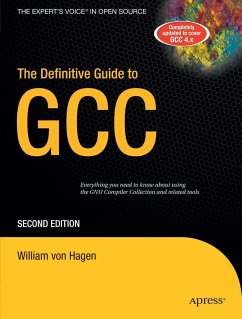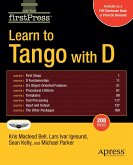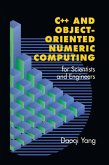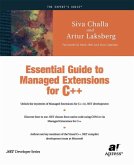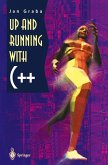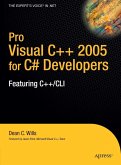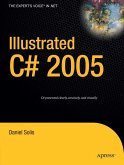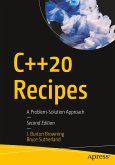The GNU Compiler Collection (GCC) offers a variety of compilers for different programming languages including C, C++, Java, Fortran, and Ada. The Definitive Guide to GCC, Second Edition has been revised to reflect the changes made in the most recent major GCC release, version 4. Providing in-depth information on GCC's enormous array of features and options, and introducing crucial tools such as autoconf, gprof, and libtool, this book functions as both a guide and reference.
This book goes well beyond a general introduction to GCC and covers key programming techniques such as profiling and optimization that, when used in conjunction with GCC's advanced features, can greatly improve application performance. This second edition will prove to be an invaluable resource, whether youre a student seeking familiarity with this crucial tool or an expert who uses GCC on a daily basis.
Hinweis: Dieser Artikel kann nur an eine deutsche Lieferadresse ausgeliefert werden.
This book goes well beyond a general introduction to GCC and covers key programming techniques such as profiling and optimization that, when used in conjunction with GCC's advanced features, can greatly improve application performance. This second edition will prove to be an invaluable resource, whether youre a student seeking familiarity with this crucial tool or an expert who uses GCC on a daily basis.
Hinweis: Dieser Artikel kann nur an eine deutsche Lieferadresse ausgeliefert werden.
From the reviews of the second edition:
"This book is a user's guide for some of the more commonly used GNU compilers and their collection of supporting tools. ... This would be useful for more advanced users. ... It also provides a good starting point for anyone that needs more information than what is in this book." (J. Miller, ACM Computing Reviews, Vol. 49 (2), February, 2008)
"This book is a user's guide for some of the more commonly used GNU compilers and their collection of supporting tools. ... This would be useful for more advanced users. ... It also provides a good starting point for anyone that needs more information than what is in this book." (J. Miller, ACM Computing Reviews, Vol. 49 (2), February, 2008)

